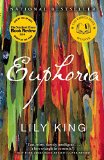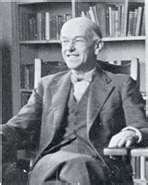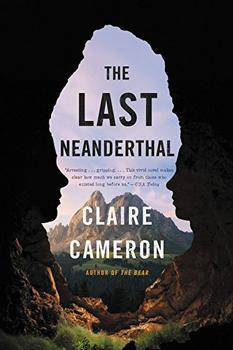Summary | Excerpt | Reading Guide | Reviews | Beyond the book | Read-Alikes | Genres & Themes | Author Bio

From New England Book Award winner Lily King comes a breathtaking novel about three young anthropologists of the '30's caught in a passionate love triangle that threatens their bonds, their careers, and, ultimately, their lives.
English anthropologist Andrew Bankson has been alone in the field for several years, studying the Kiona river tribe in the Territory of New Guinea. Haunted by the memory of his brothers' deaths and increasingly frustrated and isolated by his research, Bankson is on the verge of suicide when a chance encounter with colleagues, the controversial Nell Stone and her wry and mercurial Australian husband Fen, pulls him back from the brink. Nell and Fen have just fled the bloodthirsty Mumbanyo and, in spite of Nell's poor health, are hungry for a new discovery. When Bankson finds them a new tribe nearby, the artistic, female-dominated Tam, he ignites an intellectual and romantic firestorm between the three of them that burns out of anyone's control.
Set between two World Wars and inspired by events in the life of revolutionary anthropologist Margaret Mead, Euphoria is an enthralling story of passion, possession, exploration, and sacrifice from accomplished author Lily King.
This is a damn good book. It's a compelling story with fascinating characters. Cover to cover, it is just a really great read.
Now that we've got that out of the way I want to suggest you ignore other professional reviews of Lily King's Euphoria, at least until after you've read the book yourself. Don't get me wrong. There are no spoilers. But, had I read the reviews, I might have been turned off of this terrific novel about three scientists studying indigenous New Guinea tribes at the height of anthropology's golden age, the early 1930s. Here's the thing. Most of the reviews I've read (post book) wax on and on about famed anthropologist Margaret Mead and how much research King did in order to write the novel. This book is too fine to place so much emphasis on research, and for me, it is even misleading...continued
Full Review
 (804 words)
(804 words)
(Reviewed by Donna Chavez).
 Nell Stone, anthropologist in Lily King's Euphoria, notices the Hawthorne Effect in her work. What is this? Where did it originate?
Nell Stone, anthropologist in Lily King's Euphoria, notices the Hawthorne Effect in her work. What is this? Where did it originate?
In the 1920s and 1930s, the Western Electric Company's management wanted to improve production at their Hawthorne Plant on the outskirts of Chicago, Illinois. So they hired Elton Mayo, a consultant or "efficiency expert," to conduct some experiments, record his observations and then recommend a course of action that would boost output on the company's telephone parts assembly line.
Mayo concluded that using brighter lights might work. If the employees could see better, their productivity might improve. So new, brighter lights were installed over the line. Indeed, productivity improved. However, some time ...

If you liked Euphoria, try these:

by Tan Twan Eng
Published 2024
From the bestselling author of The Garden of Evening Mists, a spellbinding novel about love and betrayal, colonialism and revolution, storytelling and redemption.

by Claire Cameron
Published 2018
From the author of The Bear, the enthralling story of two women separated by millennia, but linked by an epic journey that will transform them both.
Knowledge is of two kinds. We know a subject ourselves, or we know where we can find information on it.
Click Here to find out who said this, as well as discovering other famous literary quotes!